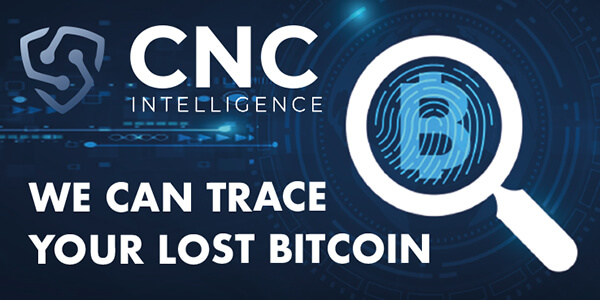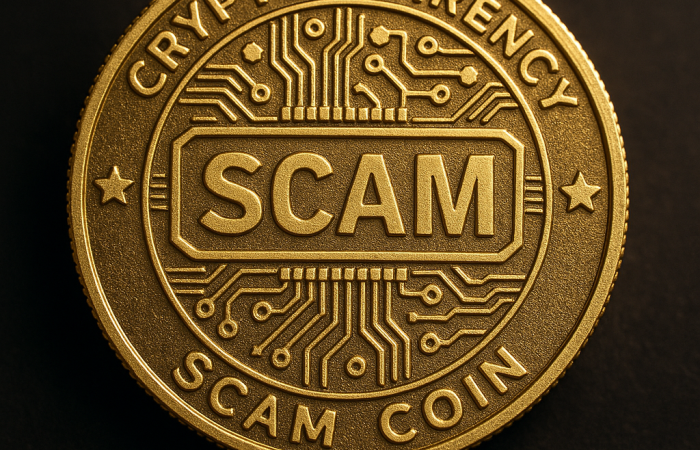DVLA (Driver and Vehicle Licensing Agency) is a type of phishing scam in which criminals send fraudulent emails or text messages that appear to be from the DVLA, asking for personal information. It is important to be cautious of such messages and not to click on suspicious links provided in those messages which is basically a trap to get access to your sensitive financial information and also to infect your electronic devices with viruses.
Falling for this type of scam can result in identity theft, financial losses and other forms of fraud. Hence it is very important to be on the look out for fake messages and not to respond to them. Have you received an email warning that you have “unpaid tax on your vehicle” or “verify your vehicle status”. Read along for a more detailed explanation of the scam.

What is DVLA?
Drive and Vehicle Licensing Agency is an executive agency of the UK government responsible for maintaining a database of drivers and vehicles in Great Britain. The agency issues driving licenses, registers vehicles and collects vehicle road tax.
It is also responsible for ensuring road safety regulations in the UK. DVLA is based in Wales, Swansea and its services can be accessed online, by post or in person at DVLA offices and post offices across the UK.
DVLA Scam Explained
Fraudsters of DVLA scam are sending out phishing emails by imitating Drive and Vehicle Licensing Agency and trying to convince vehicle owners that they are legit and trick them into handing over their personal details. The hustle typically begins with a scam email or text message that appears to be from DVLA, asking the recipient to provide financial information as the vehicle tax has already expired.
But this is just a way to create fear among users and easily collect their information in order to commit further frauds. If you fall for the scam and enter your personal details there is a high risk that the scammers may open a new bank account, apply for credit cards or even take out loans in your name.
The message will contain a fake link that leads to a website designed to look like the official DVLA website where the victim is prompted to enter their details. It so happens that the website might contain malware which will infect your computer.
If you receive an unsolicited email or text message and if you have even the slightest doubt that the mail is not legit it is better to stay away from such links and delete them immediately.
Reg Flags
To protect yourself from DVLA scam it is important to be aware of the red flags and take steps to verify the authenticity of any emails or messages. The very first thing to look out for is the sender details. Always check carefully the email address because it will never be the same as the official contact details of DVLA.
When the emails or the message contains threatening or urgent language making you feel like you need to act quickly it is most probably a scam. In case of urgent matters Drive and Vehicle Licensing Agency never contacts through emails or texts.
One of the most common ways to spot a phishing mail is through poor spelling and grammar. The fake emails are full of grammatical errors which is an alarming sign that it is not legitimate.
Even if DVLA had to notify something related to your account they would never attach a link in the email asking for your personal information. So if there is a link in the email it is undoubtedly a scam.
How to protect yourself?
Always be wary of uninvited phishing emails or text messages and if you are unsure about it, the first thing to do is to not click or respond to them. Do not download any attachments and make sure to never share sensitive financial information online.
Verify if the sender’s email or contact details are genuine. If you are not certain, contact DVLA directly to avoid further complications. Report suspicious emails and texts to higher authorities at once.
It is also important to keep your computer and antivirus software up-to-date to protect yourself from malware and viruses.
Conclusion
DVLA scams are a growing threat and it is important to be aware of the risks and dangers that come along with it. By exercising due diligence and being cautious when it comes to unsolicited messages you can save yourself from falling victim to the DVLA scam.
Be vigilant and watch out for the red flags. By following these simple steps you can definitely stay protected. If you have come across such emails, report it to the department as they have a dedicated phishing email address (phishing@dvla.gov.uk) and save others from getting scammed.
And if you have lost a significant amount of money to online scams, do not lose hope. We can help you recover your funds!



